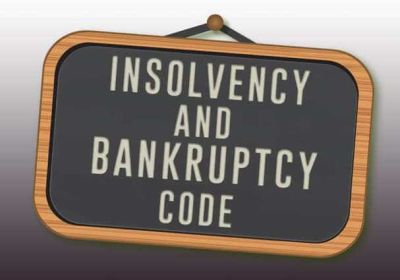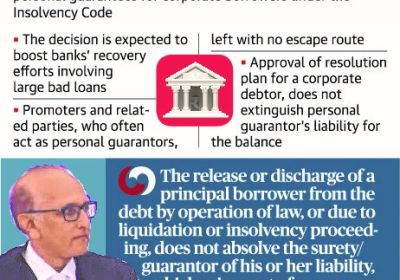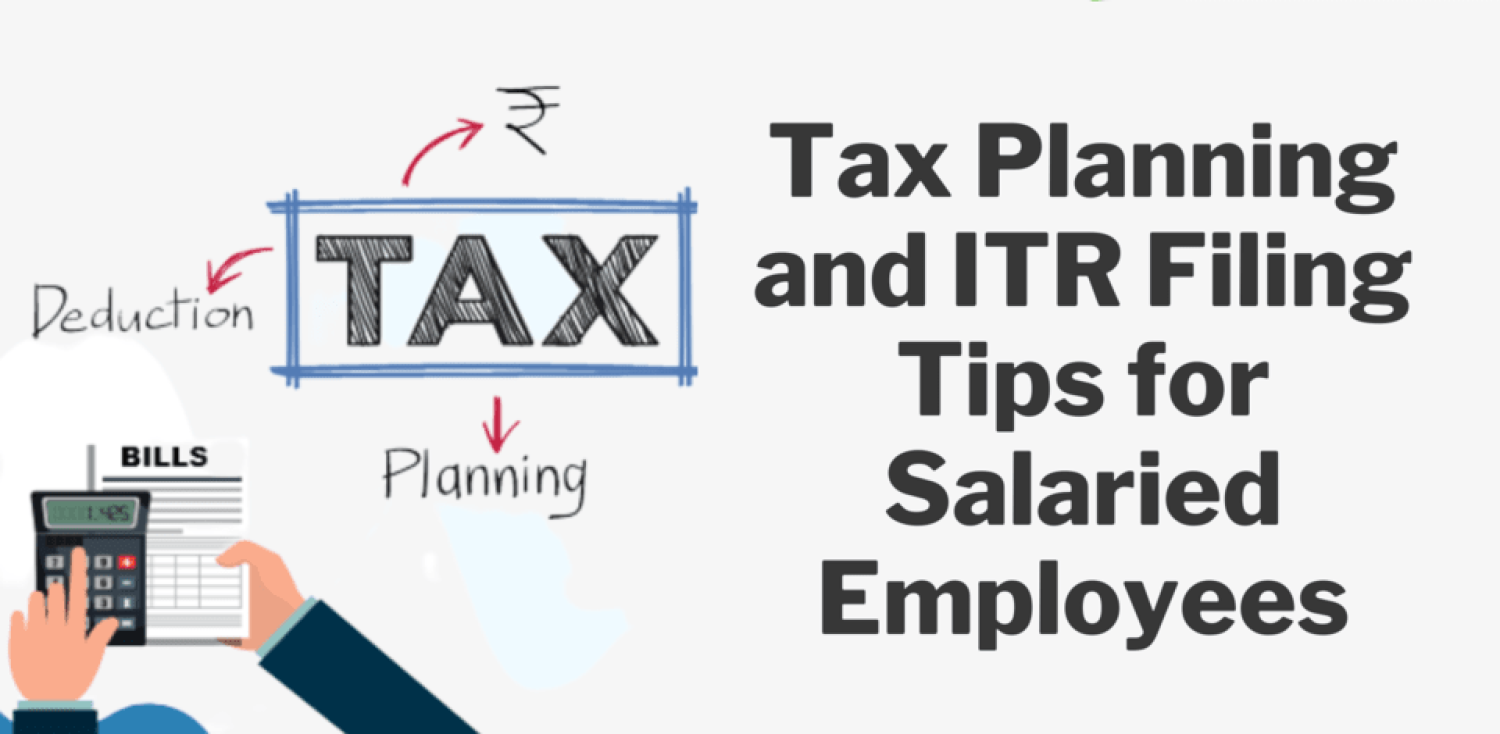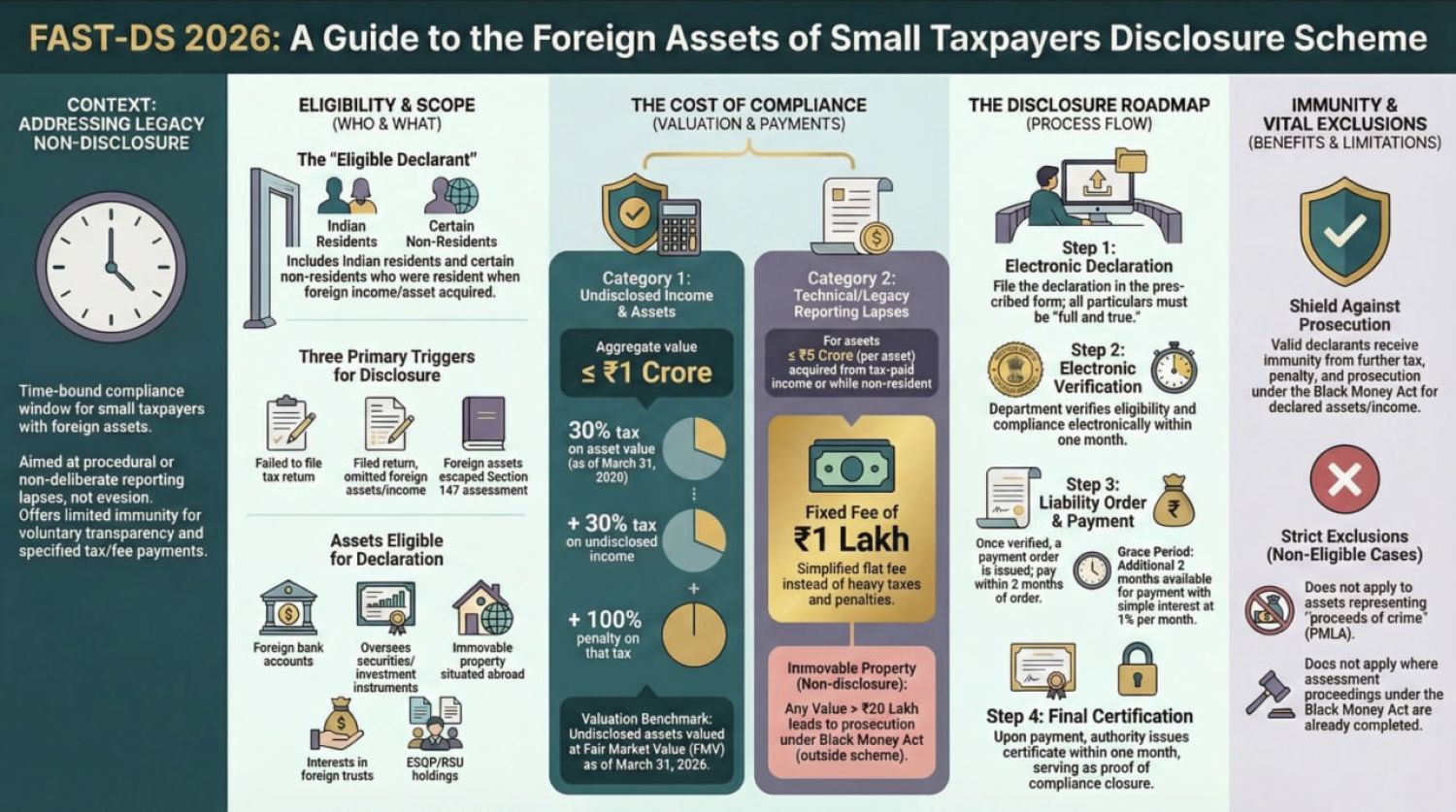Table of Contents

IBBI Guidelines for Insolvency Professionals & Committee of Creditors
IBBI outlined guidelines for IPs and Committee of Creditors are indeed comprehensive, emphasizing the importance of objectivity, integrity, independence, professional competence, cooperation, supervision, timeliness, confidentiality, and cost management.
Understanding the Current Scenario governing IPs & CoC
Your frustration with the current state of affairs for Insolvency Professionals (IPs) is deeply understandable. The excessive scrutiny and lack of support can indeed create a challenging and demoralizing work environment. Here’s a nuanced perspective on the issue and some potential ways forward:
- Excessive Scrutiny and Pressure: IPs are under intense scrutiny from multiple stakeholders, including the Committee of Creditors (CoC), regulatory bodies like the IBBI, and the judiciary. This constant oversight, without corresponding support, makes it difficult for IPs to function effectively and fairly.
- Lack of Accountability for the CoC: When the CoC has the power to monitor and supervise IPs without being held accountable for their own actions, it creates a power imbalance. This can lead to decisions that are not always in the best interest of the insolvency process or the stakeholders involved.
- Perception of Corruption:The perception that IPs are inherently corrupt or irresponsible can damage the reputation of the profession. This negative image can be perpetuated by regulatory bodies and stakeholders, making it harder for IPs to gain trust and respect.
- Ethical Dilemma: The suggestion to become corrupt to deal with a corrupt system reflects a sense of helplessness and resignation. While it might seem like a practical solution in the short term, it undermines the integrity of the profession and can lead to legal and ethical consequences.
IBBI Guidelines For Committee Of Creditors
Implementing these guidelines can ensure a balanced and fair approach to insolvency resolution. Here’s a summary and some thoughts on each section:
Objectivity and Integrity
(a) Adherence to the Code: Follow the provisions of the Code and regulations diligently.
(b) Maintain Integrity: Ensure integrity in all actions and decisions.
(c) Objectivity in Decision-Making: Remain unbiased and objective.
(d) Foster Informed Decision-Making: Share relevant information with the CoC and other stakeholders.
Independence and Impartiality
(e) Conflict of Interest Disclosure: Disclose any conflicts of interest immediately.
(f) Stay Updated: Continuously update knowledge of the Code, rules, and regulations.
(g) Authorized Representation: Ensure representatives have proper authorization and mandate.
(h) Active Participation: Engage constructively in CoC deliberations and decision-making.
Cooperation, Supervision, and Timeliness
(i) Facilitate IP Duties: Support the IP in fulfilling their duties.
(j) Expeditious Appointments: Ensure timely appointment of necessary professionals.
(k) Dispute Resolution: Resolve disputes through dialogue to minimize litigation.
Confidentiality
(l) Adhere to Confidentiality: Maintain confidentiality as per the undertaking.Costs
(m) Reasonable Costs: Ensure insolvency resolution process costs are reasonable.
(n) Expense Decisions: Decide quickly on expenses and fees related to the insolvency process.
(o) Fee Fixation for Liquidator: Prudently determine the liquidator’s fee if liquidation is decided.
Meeting of the CoC
(p) Monitor IP Activities: Regularly monitor and seek rationale for IP decisions.
(q) Belated Claims: Recommend inclusion or exclusion of belated claims.
(r) Valuation Methodologies: Participate in the valuation presentations by Registered Valuers.
(s) Regular Meetings: Conduct CoC meetings regularly as per regulations.
Sharing of Information
(t) Proactive Information Sharing: Share financial statements, audit extracts, and other relevant information with the IP.
(u) Litigation Details: Obtain litigation details from the IP and recommend necessary actions.
Feasibility and Viability of Corporate Debtor
(v) Review Information Memorandum: Assess and provide insights on the information memorandum.
(w) Marketing Strategy: Contribute to and potentially assist with marketing strategies for the debtor’s assets.
(x) Resolution Plans: Ensure all resolution plans are reviewed by the CoC.
(y) Monitoring Committee: Consider the need for a committee to oversee the implementation of the resolution plan.
Following these guidelines diligently can help create a more efficient, transparent, and fair insolvency process. Both the CoC and IPs should be held to high standards of accountability and responsibility. Despite the pressures, maintaining ethical conduct is paramount. Resorting to corruption undermines the entire insolvency process and can have severe legal and professional consequences. Engaging with regulatory bodies and stakeholders constructively can help address and mitigate these challenges. Building a supportive network among IPs can provide much-needed moral and professional support, helping them navigate the complexities of their roles effectively.
About RJA
Rajput Jain and Associates (RJA) is a dedicated to Support to all the Insolvency Professional Entity (IPE) whose offering a complete suite of services aligned with the Insolvency and Bankruptcy Code, 2016 (IBC). Our Headquartered in New Delhi , with a robust presence through branch offices in Mumbai, Bangalore, New Delhi, Hyderabad, and Ahmedabad, RJA uniquely positioned to provide seamless insolvency and restructuring solutions across India.
At RJA, we pride ourselves on a team of seasoned professionals with decades of experience in banking, legal advisory, finance, corporate governance, and other critical domains. Our multidisciplinary team includes senior bankers, industry veterans, chartered accountants, company secretaries, lawyers, and accountants, who collaboratively deliver the highest standards of service.
Core Services
- Insolvency Advisory: End-to-end guidance on navigating the complexities of insolvency processes.
- Business Turnarounds: Expert assistance in revitalizing distressed businesses and formulating strategic recovery plans.
- Corporate Insolvency Resolution Process (CIRP): Comprehensive management of CIRP within mandated timelines to achieve optimal resolutions.
- Liquidation Process: Efficient execution of liquidation processes, ensuring transparency and compliance.
- Resolution Plan Preparation & Implementation: Crafting and operationalizing actionable plans tailored to specific business contexts.
Our unwavering commitment to preserving and protecting corporate debtor assets, while ensuring business continuity, sets us apart. Leveraging best practices and technology, RJA ensures that CIRP processes are completed within stipulated timelines to maximize stakeholder value.
Why Choose RJA ?
- Expertise in navigating the dynamic and evolving regulatory landscape of IBC.
- A dedicated team with decades of domain knowledge and cross-functional expertise.
- Client-focused approach delivering bespoke solutions regardless of the business scale.
- Proficiency in aligning with industry benchmarks to achieve the best possible outcomes.
Collaborate with Us
We are eager to explore partnerships with fellow Insolvency Professionals (IPs) to foster innovative and efficient resolutions under the IBC framework. Together, we can drive value for stakeholders while upholding the principles of fairness, transparency, and timeliness. Let RJA be your trusted partner in navigating the complexities of insolvency and corporate restructuring.

















